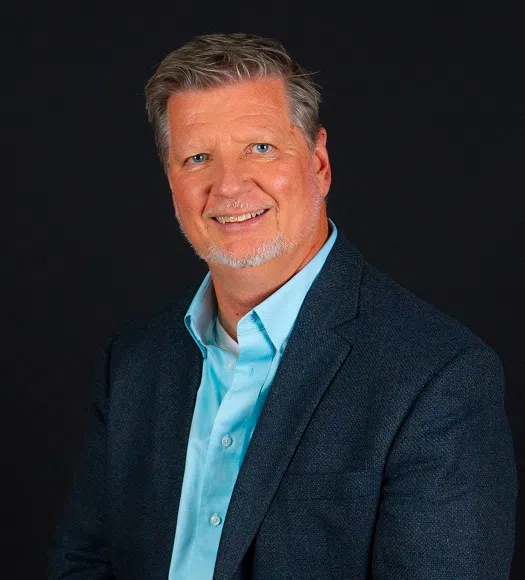WASHINGTON (Reuters) – The U.S. Congress on Thursday will open a year’s worth of investigations into whether Big Oil deceived Americans about its role in climate change, with Democratic lawmakers planning to grill the chiefs of four oil companies and two lobby groups.
Environmental groups and their congressional allies hope the hearing evokes the Big Tobacco hearings of the 1990s, which began a shift in public opinion about that industry. Energy industry representatives plan to focus on their current support of climate action.
“The narrative is, in my view, simple: they know they lied and they continue to deceive,” Representative Ro Khanna, chair of the environment subcommittee on the Environment, told Reuters in an interview. “And if we can establish that I think it will be a Big Tobacco moment for Big Oil.”
Khanna will lead the hearings along with Representative Carolyn Maloney, chair of the Oversight and Reform Committee.
It will be the first time that executives of the top oil majors – ExxonMobil, Shell Oil, BP America and Chevron – and the heads of the American Petroleum Institute and Chamber of Commerce will answer questions about climate change in Congress under oath.
Representative James Comer, top Republican on the committee, will say the panel should be addressing inflation and high energy prices which he believes are caused by policies of President Joe Biden’s administration, according to written testimony that contained no mention of climate change.
Republicans invited Neal Crabtree, a worker who lost his job after Biden canceled the Keystone XL oil pipeline, to testify to the panel.
This summer, the United Nations released a report warning that unless immediate, rapid and large-scale action is taken to reduce emissions, the average global temperature is likely to reach or cross the 1.5-degree Celsius (2.7 degrees F) warming threshold within 20 years.
BP America’s CEO David Lawler and Shell Oil’s CEO Gretchen Watkins plan to talk about their recognition that climate change was a problem in the 1990s and about their current efforts to adapt their business models to add more renewable energy and lower emissions, according to prepared testimony.
Exxon Mobil CEO Darren Woods will say that the company “responded accordingly” when the “scientific community’s understanding of climate change developed” and that oil and gas will still be needed to meet growing global energy demand.
And the energy interests are also likely to say that more time is needed for a transition to cleaner energy.
Suzanne Clark, the president and CEO of the Chamber, will tell lawmakers that one of President Joe Biden’s top climate aides, John Kerry, said this year that half of the emissions cuts needed to get to net zero will come from technologies that are not developed yet, according to her written testimony.
(Reporting by Valerie Volcovici and Timothy Gardner; Editing by David Gregorio)




